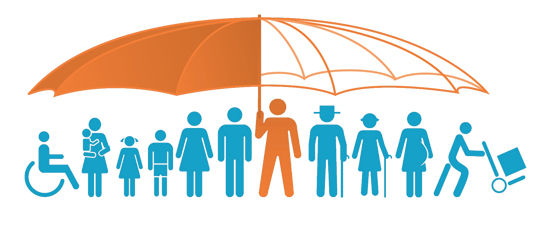Electronic Surveillance
Electronic surveillance refers to the use of electronic devices and technologies to monitor, record, or track individuals' activities, behaviors, or communications, often without their explicit consent. This practice has become increasingly prevalent in the digital age, driven by advancements in technology and the growing need for security, law enforcement, and data collection. Below, we explore the meaning, applications, and implications of electronic surveillance.
What Does Electronic Surveillance Mean?
At its core, electronic surveillance involves the deployment of tools such as cameras, microphones, GPS trackers, and software systems to gather information about people or entities. This can include monitoring phone calls, emails, internet browsing habits, or physical movements through devices like closed-circuit television (CCTV) or drones. The term is often associated with both governmental and private sector activities, ranging from national security efforts to corporate data collection for marketing purposes.
Common Forms of Electronic Surveillance
Electronic surveillance takes many forms, each serving distinct purposes:
- Video Surveillance: The use of cameras in public or private spaces to monitor activities, such as in stores, streets, or workplaces.
- Communication Interception: Tapping into phone lines, emails, or messaging apps to listen to or analyze conversations, often used by law enforcement with legal authorization.
- Internet Monitoring: Tracking online behavior, such as websites visited or search terms used, typically by internet service providers or tech companies.
- Location Tracking: Using GPS or mobile devices to pinpoint an individual’s whereabouts in real time.
Applications and Implications
Electronic surveillance plays a significant role in modern society. Governments may use it to prevent crime, terrorism, or espionage, while businesses employ it to enhance security or gather consumer insights. However, it also raises ethical and privacy concerns. The widespread collection of personal data can lead to potential abuses of power, loss of individual privacy, and even discrimination if the data is misused. Laws like the General Data Protection Regulation (GDPR) in Europe aim to regulate such practices, but the balance between security and privacy remains a topic of global debate.
In conclusion, electronic surveillance is a powerful tool that reflects the capabilities and challenges of the digital era. While it offers benefits like improved safety and efficiency, it also prompts critical questions about how much oversight is acceptable in a free society.
